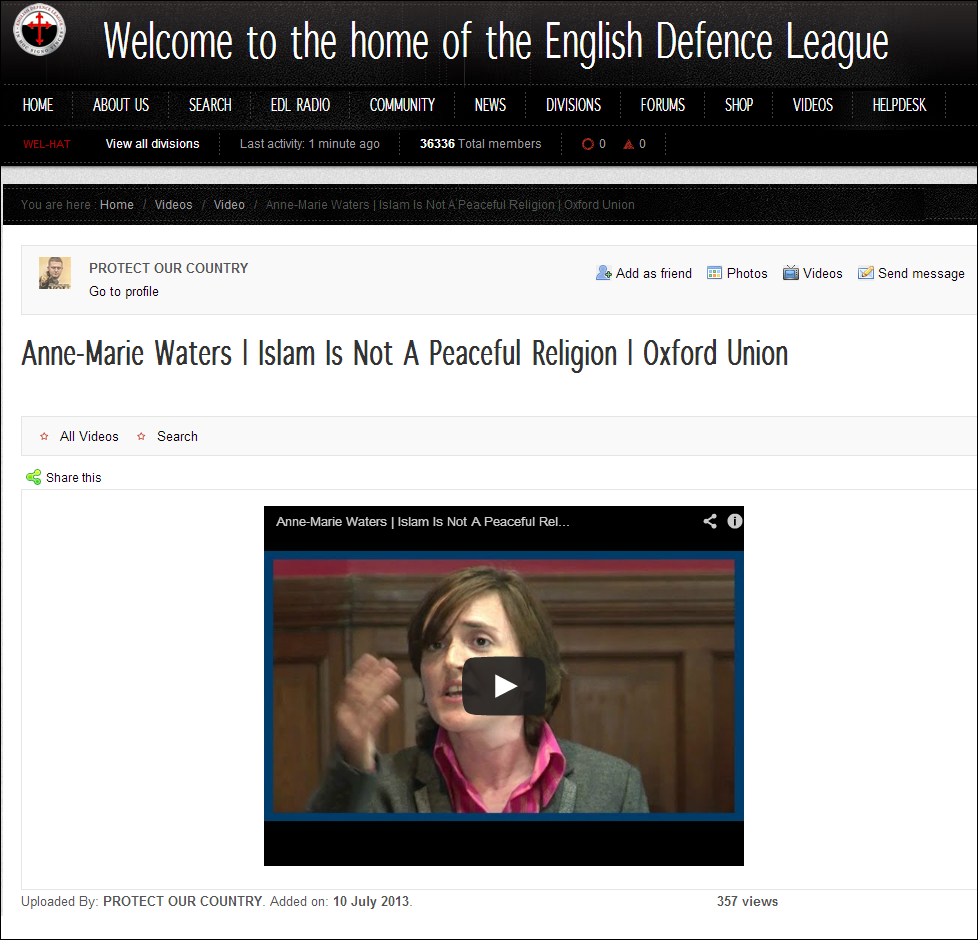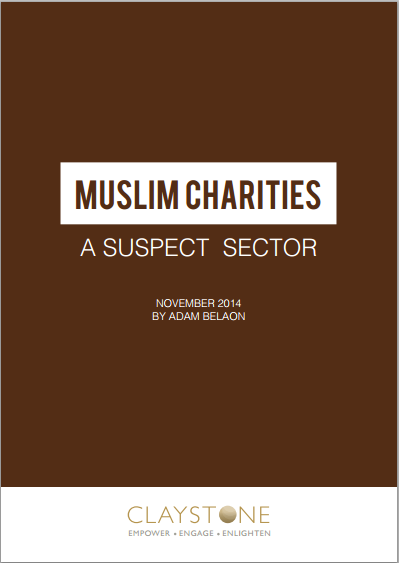 More than a quarter of the statutory investigations that have been launched by the Charity Commission since April 2012 and remain open have targeted Muslim organisations, an analysis by the Guardian can reveal – drawing criticism from Islamic groups that they are being unfairly singled out.
More than a quarter of the statutory investigations that have been launched by the Charity Commission since April 2012 and remain open have targeted Muslim organisations, an analysis by the Guardian can reveal – drawing criticism from Islamic groups that they are being unfairly singled out.
Responses to freedom of information requests show that more than 20 of the 76 live investigations focus on Muslim charities associated with running mosques, providing humanitarian relief and, in a number of high-profile cases, aid efforts in Syria.
Full statutory inquiries – the commission’s most serious kind of formal investigation – have begun into five British charities operating in Syria, including al-Fatiha Global, which the beheaded hostage Alan Henning was working with when he was kidnapped. The others are Children in Deen, Aid Convoy, Human Aid and Syria Aid. All five inquiries remain open.
Adam Belaon, research director for the thinktank Claystone, which focuses on Muslim issues, said: “[The commission] has labelled 55 charities with the issue code ‘extremism and radicalisation’ without their knowledge, in the period 5 December 2012 to 8 May 2014. These charities were/are being monitored as a potential concern for matters relating to extremism and radicalisation.
“There are no written criteria for applying or removing this label and thus it lends itself to non-evidence based targeting of particular groups. We don’t know the criteria used to apply these extremist tags by the commission. It’s all very subjective for a quasi-judicial body.”
In a report released on Monday, Belaon says charities often appear to be seen as “guilty by association”. Some charities, he said, had been questioned at length about their links with certain Islamic preachers.
Claystone said it had particular concerns over comments made by the commission chair, Sir William Shawcross, who in his first interview in the post said Islamic extremism was a “deadly” problem for charities.
In the past Shawcross has been a critic of Islam. In 2012, as a director at the conservative Henry Jackson Society, he claimed: “Europe and Islam is one of the greatest, most terrifying problems of our future. I think all European countries have vastly, very quickly growing Islamic populations.”

 Breast squeezing, profanity spewing, Muslim baiting Angela Box is by obvious personal design quite the spectacle on the cable access show “Tommy’s Garage.”
Breast squeezing, profanity spewing, Muslim baiting Angela Box is by obvious personal design quite the spectacle on the cable access show “Tommy’s Garage.”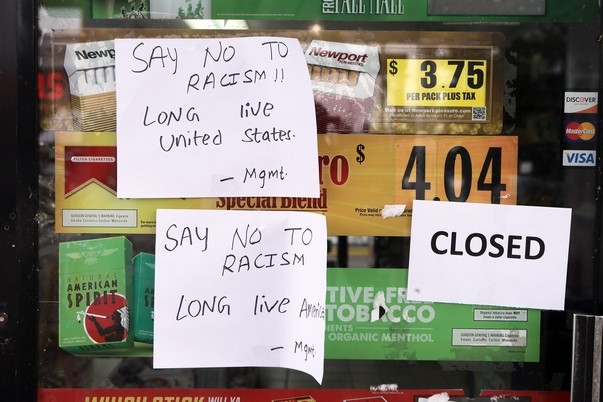 As a woman fueled her car Tuesday afternoon at the Road Runner Discount gas station in Houma, another driver pulled up, window down, with a message.
As a woman fueled her car Tuesday afternoon at the Road Runner Discount gas station in Houma, another driver pulled up, window down, with a message.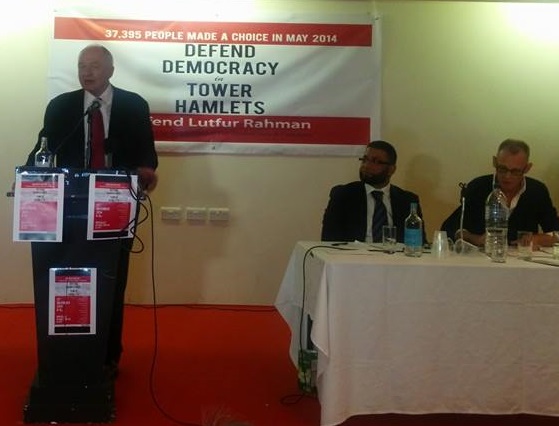 Ken Livingstone was accused by the government yesterday of inciting a lynch mob after he urged protesters to go to public servants’ homes and “
Ken Livingstone was accused by the government yesterday of inciting a lynch mob after he urged protesters to go to public servants’ homes and “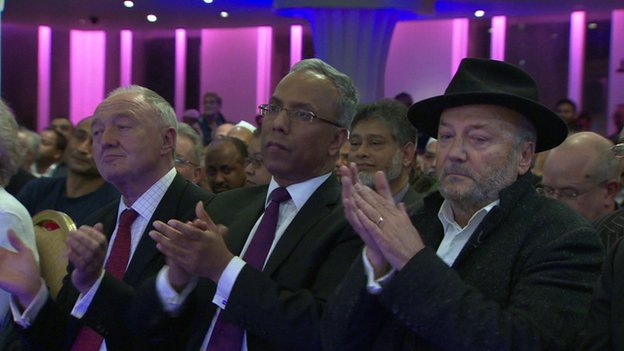 Senior political figures George Galloway MP and former Mayor of London Ken Livingstone last night spoke out in defence of controversial Tower Hamlets Mayor Lutfur Rahman.
Senior political figures George Galloway MP and former Mayor of London Ken Livingstone last night spoke out in defence of controversial Tower Hamlets Mayor Lutfur Rahman.